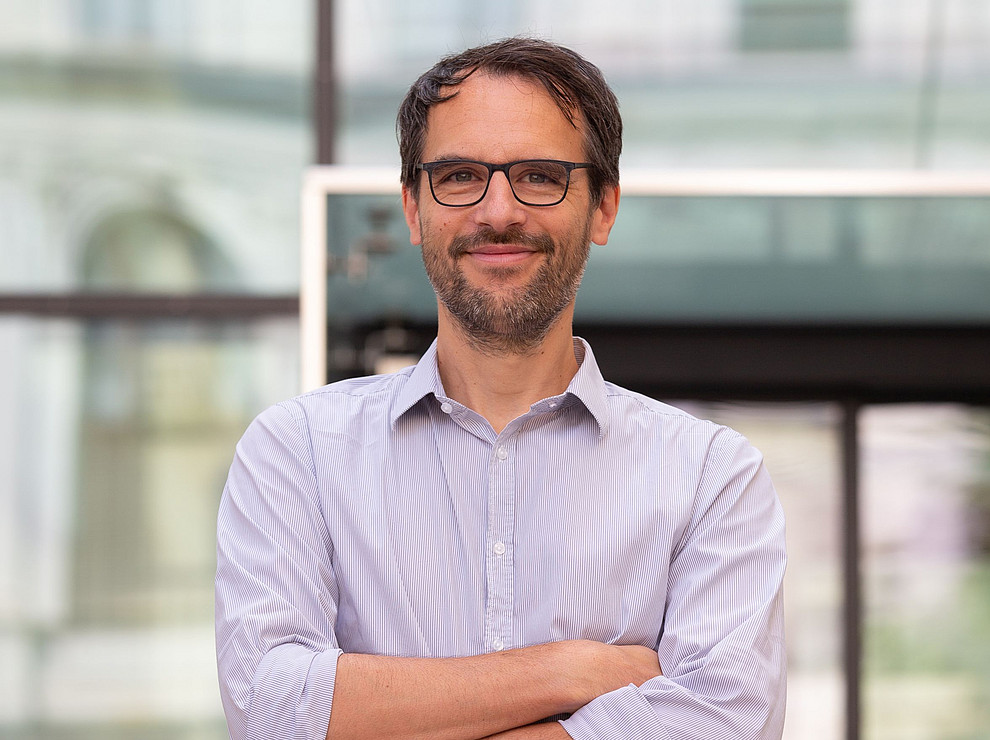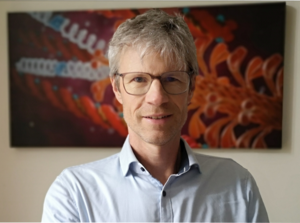Questioned
Talking to Univ.-Prof. Dr.phil. Prof. Ruin and Univ.-Prof. Mag. Dr.rer.nat. Markus Tilp
Two questions for: Prof. Dr.phil. Prof. Ruin
What do you find particularly socially relevant about your work?
Educational work is particularly relevant to society because it is directed towards the future. At its core, it aims to prepare (young) people for social participation and shaping society. In many areas of education, however, a strong focus on cognitive aspects - i.e. thinking - can be observed. In sports education, on the other hand, physical and bodily facets of our humanity are addressed in conjunction with thinking. In addition to dealing with the body, movement, sport and health, this also applies to key areas of general education. For example, democratic coexistence, respect and tolerance - characteristics of a diverse society - can be directly experienced and initiated here.
What aspect of your work is particularly enriching for you?
What I find particularly enriching about my work is that I am constantly in contact with many different people. This applies to both university teaching and research. I consider it a privilege to be able to research pedagogical contexts, develop and test ideas and discuss all of this with others time and time again. Pedagogical issues always have to do with people and therefore other people always open up new and important perspectives. This, coupled with the awareness that I am working on something that has social relevance, enriches me greatly. I think I have achieved a lot if I can also give some people something that is important for them on their career path.


Univ.-Prof. Mag. Dr.rer.nat. Markus Tilp
What exactly does a professor of exercise science do?
When someone stands up and gets a coffee, it usually looks simple, but it is more complex than you might think. At any given moment, the body has to decide which of its 656 muscles to activate and how strongly to move its 206 bones over 140 joints without spilling coffee. I work on how our muscles and tendons adapt, for example through physical training, so that these and even more complex movements can succeed. Our research group is also looking at how impairments to the neuromuscular system caused by illness or injury can be reduced.
What aspect of your work is particularly enriching for you?
I feel the greatest joy in my job when I can think about research questions relating to human movement with an interested and curious person and develop a solution to answer the question together with them. My happiness is complete when the answer is subsequently found experimentally.